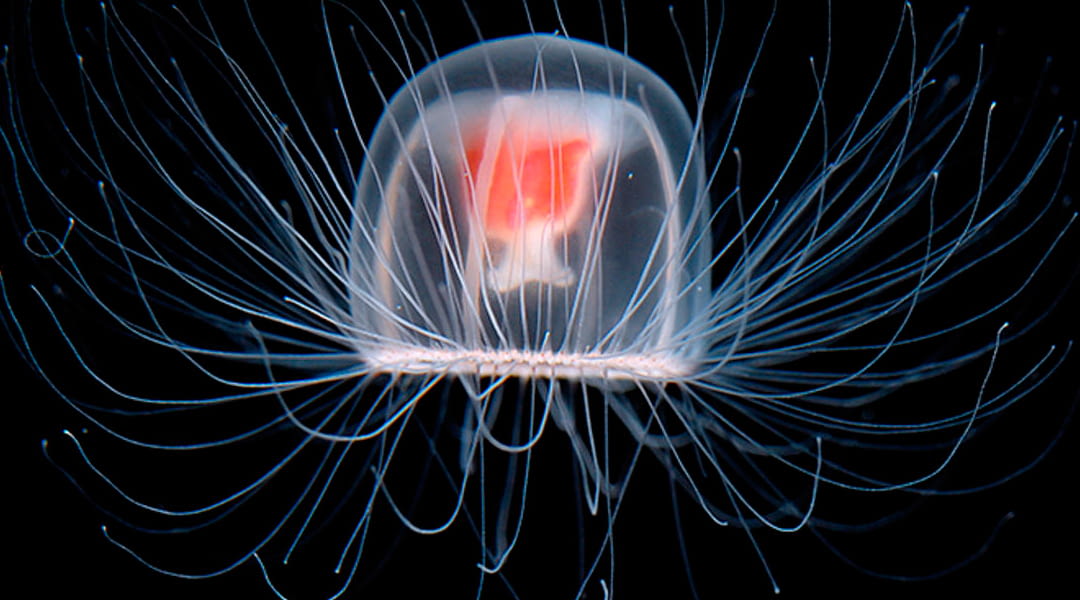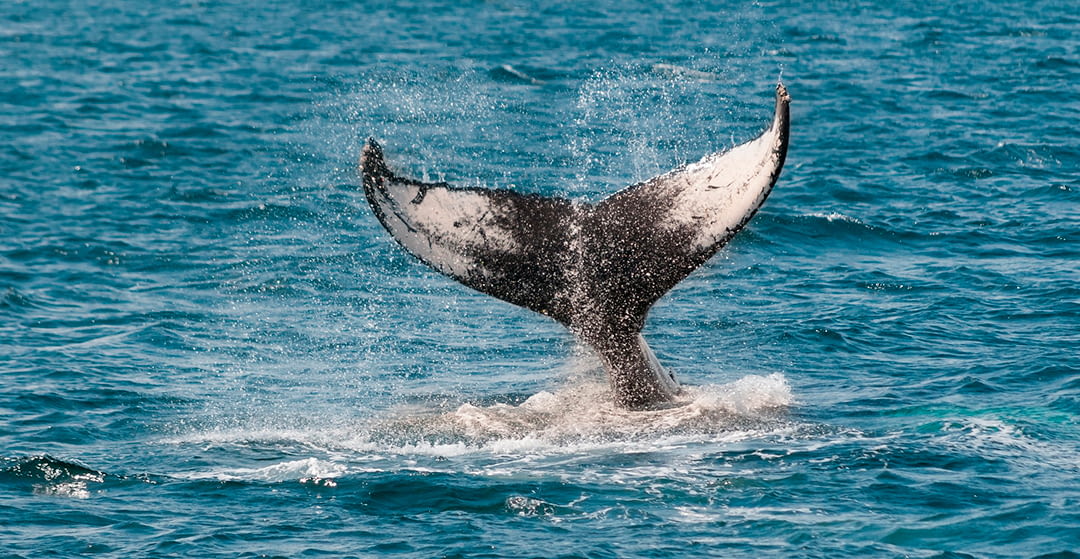
The life expectancy of people is getting higher and higher. We probably outlive our grandparents, and they outlived theirs. So, currently, life expectancy in a country like Spain exceeds 80 years for both men and women.
If we compare this with what the animals that are closest to us live, it seems like a lot to us. Surely on some occasion you have wondered what the life expectancy of animals is. In fact, if one lives in your house, you have certainly been interested in finding out how old your four-legged companion reaches.
Dogs live between 13 and 15 years, depending on the breed; cats, meanwhile, a little more, up to 16 on average, while horses usually do not exceed 30 years. Does this mean that man is the longest-lived animal?
The answer is no. Not much less. Domestic animals and those that we see around us in a more common way live a short time, but nothing to do if we compare them with other animals that seem to live an eternity because we do not always notice those species that outlive us in years at amazing levels.
- THE CROCODILE
Crocodiles are reptiles whose origins date back millions of years. Without being as old as the most famous dinosaurs that are portrayed in so many movies, we can say that they are one of the animals most similar to these now extinct ones.
And, also, one of the longest-lived animals on the face of the Earth, since they have an average life of about 80 years, something similar to what we human beings have.
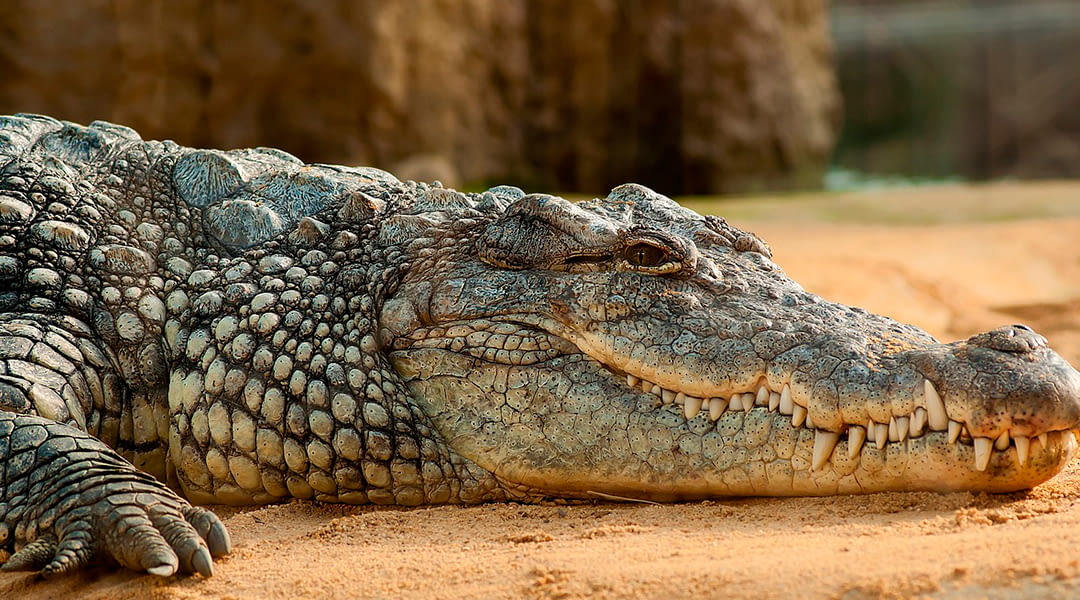
- ELEPHANT
Elephants are the largest land mammals and could also be said to be the longest-lived, as they can even outperform crocodiles, living up to 90 years in some cases.
In this, surely, their large size will help them, which serves to repel the attack of other predatory and carnivorous animals in their natural habitat.
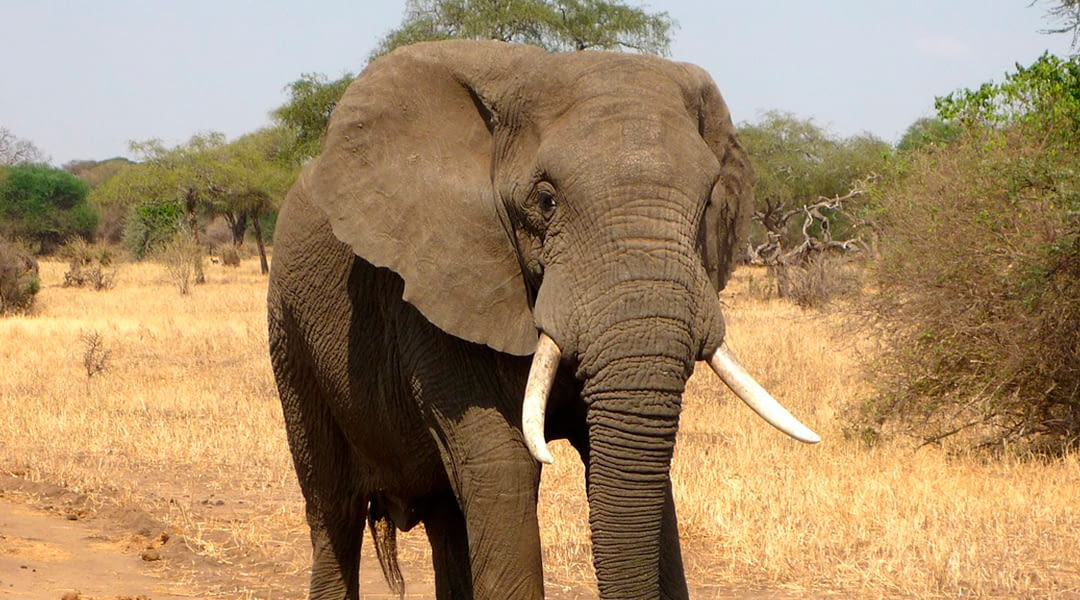
- THE SPHENODON
Also known as tuataras, these reptiles are native to New Zealand, and their name means something like spiny back. To the eyes of someone who does not know much about animals, it might seem like a large lizard or a miniature dinosaur, since they only measure about 70 centimeters.
It is estimated that it is one of the oldest species still alive, and the longest-lived individuals exceed a century of age, which is not bad, right?
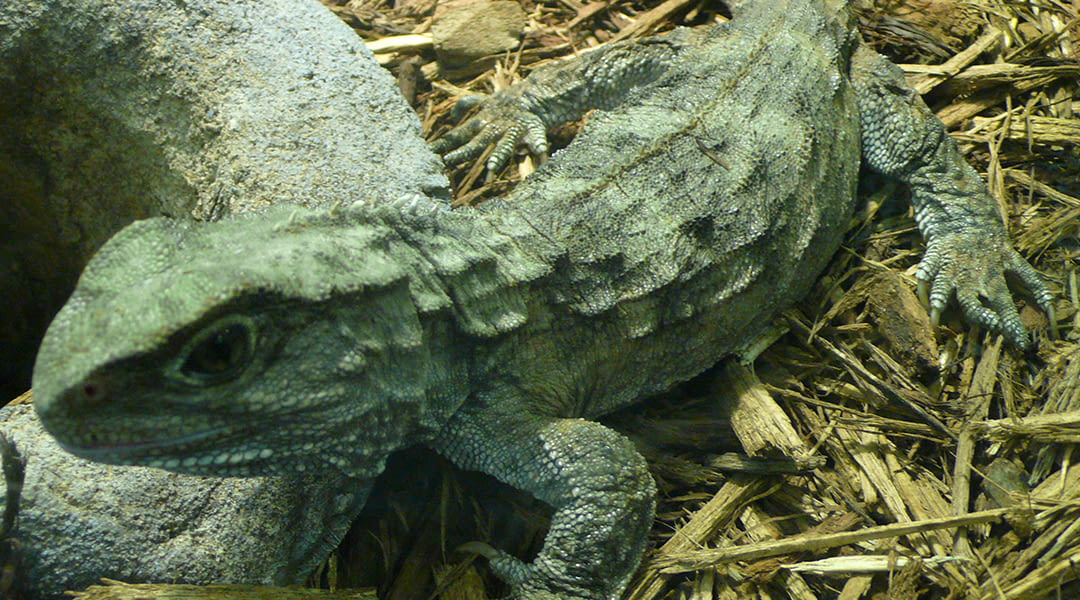
- THE GALAPAGOS TORTOISE
Commonly known as plain galapagos, these giant tortoises are some of the longest-lived animals anyone can name. In other words, it is not one of the biggest surprises on this list, but we could not ignore it for that reason.
It is not surprising that they exceed a century of life, and there is even talk of a specimen that reached 225 years of age. Be that as it may, they are the longest-living terrestrial vertebrates on Earth, and by far.

- THE RED SEA URCHIN
We descend into the depths of the sea, quite unknown in reality, to find one of the most living species of animals in the world.
The red sea urchin, which lives in the Pacific Ocean, can reach up to 200 years of age, but only if it is lucky enough to survive its constant predators, which normally limit its life expectancy to 30 years, on average.
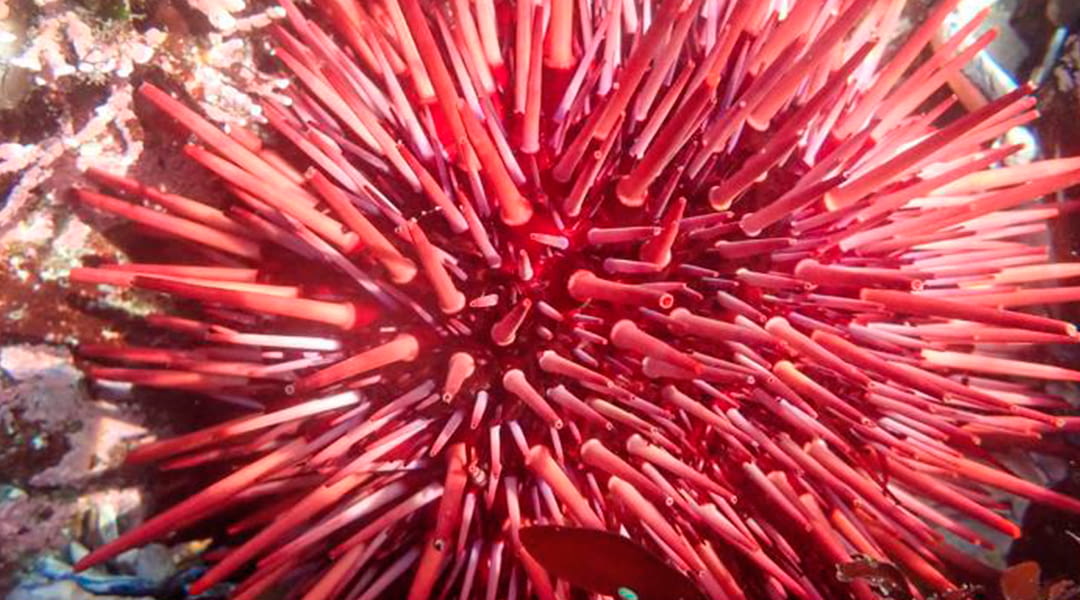
- THE GREENLAND WHALE
We specify the place of origin of the longest-lived species of whales because, in addition, they are quite different from the rest of the cetaceans known as whales, since they are the only survivors of the genus Balaena.
Regarding what matters to us here, which is their maximum age, until very recently it was thought that they did not exceed half a century of life, but individuals have been discovered with remains of ivory harpoons, something that did not quite fit, and that led researchers to discover that they could exceed 150 years of age and reach 200.
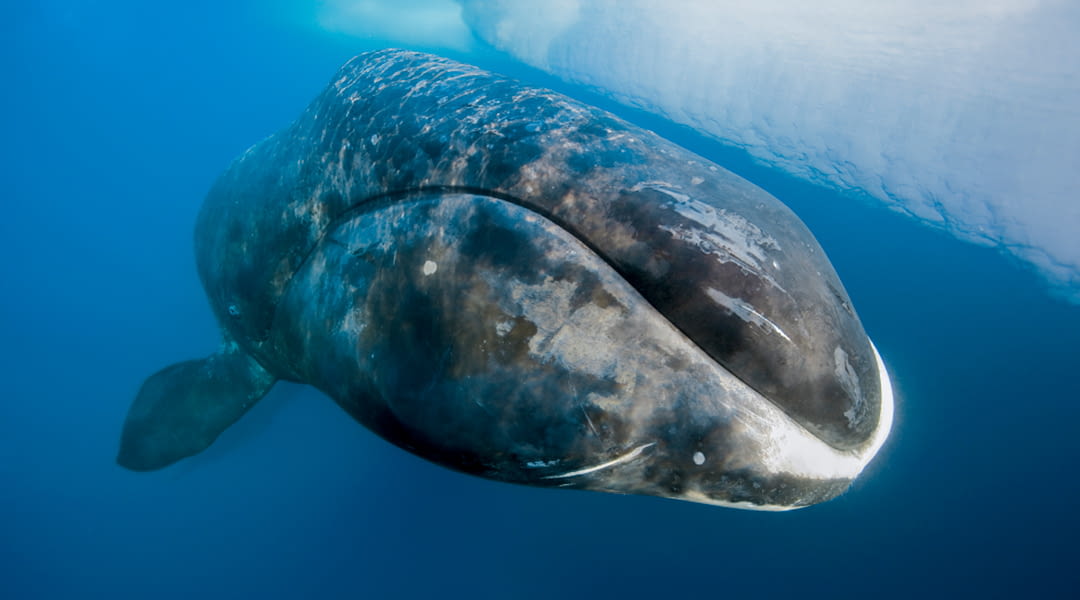
- THE GIANT TUBE WORM
These strange animals also live in the depths of the Pacific Ocean, about 3,000 meters deep on average.
So, if you have never heard of them, you have to know that, in addition to its strange shape and its geographical remoteness, it is one of the longest-lived animals in the world, since they can exceed two centuries of age.
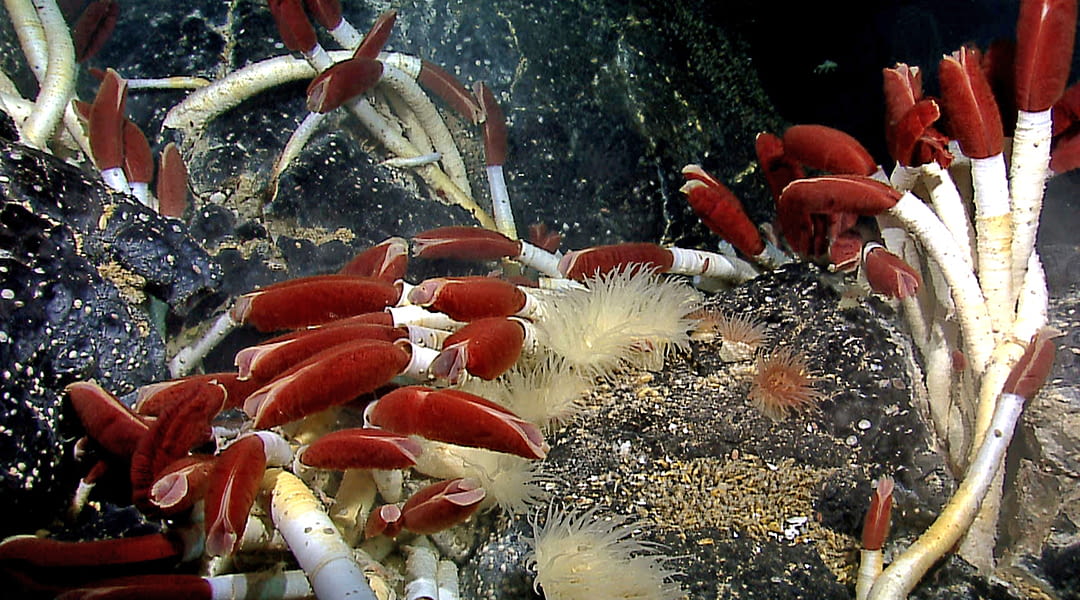
- THE ICELAND CLAM
The Icelandic clam (Arctica islandica) is considered one of the longest-living animals in the world. And it is that this mollusk can live around 400 years. In fact, the longest-lived specimen that has been found was over 500 years old, which was located in the north of Iceland.
This incredible clam is abundant in the depths of the oceans, since it lives about 1,000 meters under the sea.
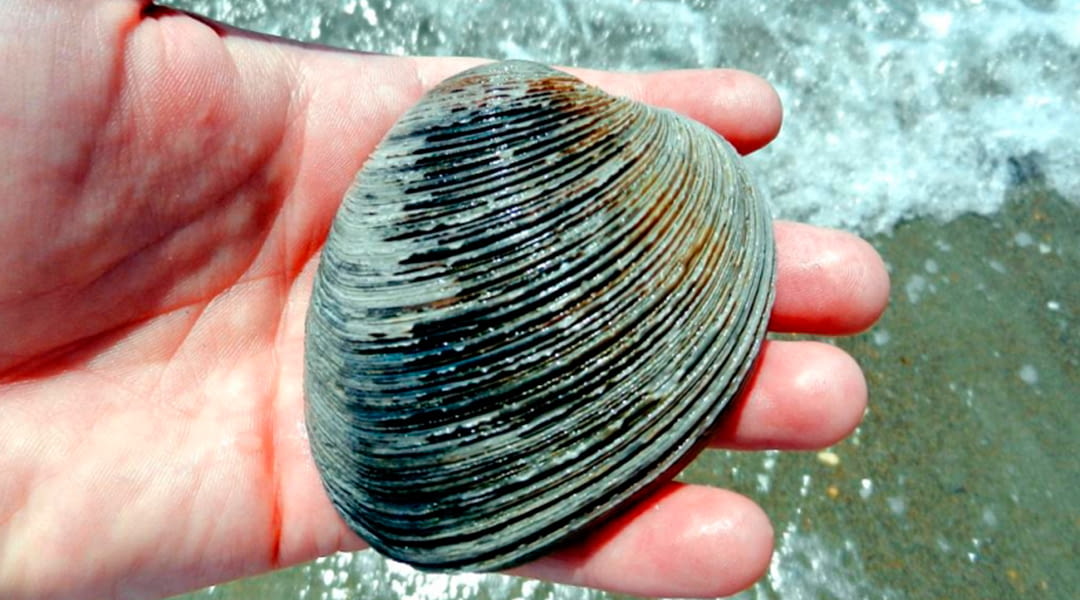
- THE HEXACTINELLIDA
Other long-lived animals that, more than from here, could seem extraterrestrial due to their strange physical shape and their biological peculiarities. And it is that they are a type of sponges that lives in frozen waters of the Antarctic Circle, which causes them to grow at an extremely slow speed and, at the same time, that they live a number of years as large as the 6,000 that are calculated for the oldest specimen seen so far.
In fact, this is considered the longest-lived animal found on the entire Earth.
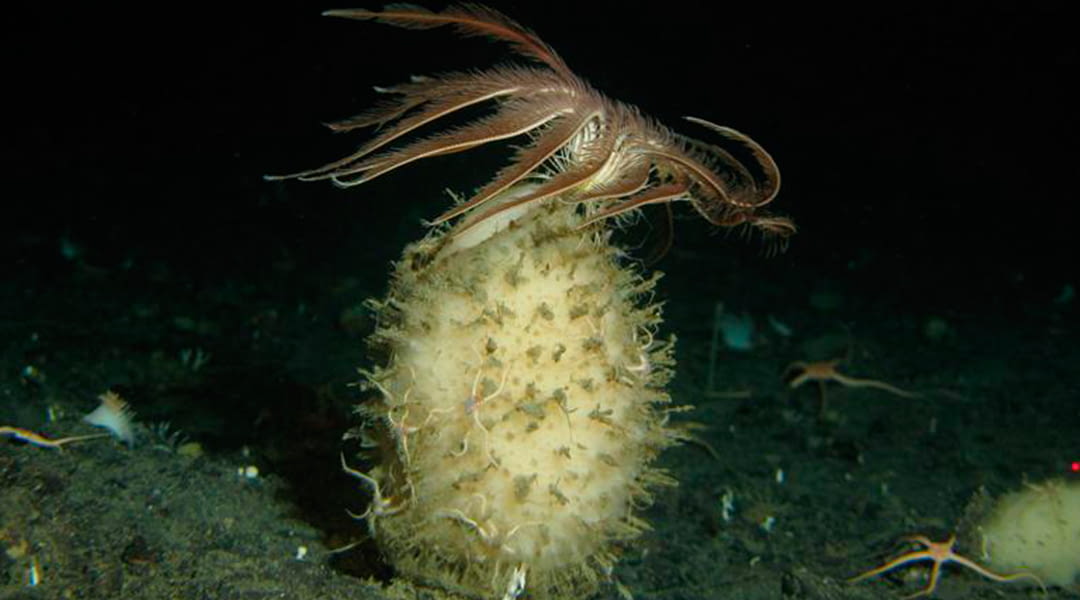
- TURRITOPSIS NUTRICULA JELLYFISH
We end our list of longest-lived animals with one that, directly, could be said to be immortal. The peculiar thing about this type of jellyfish is that its life cycle goes from sexual maturity to immaturity.
In other words, they constantly age and rejuvenate. It is not known which is the oldest specimen, and they usually die victims of predators or some plague. But, if they were raised in a safe environment, the theory goes that they would never die.
